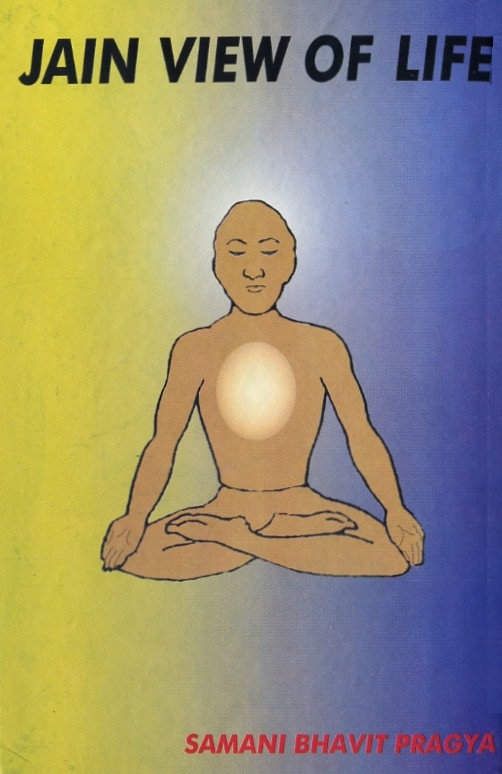Non-Violence and Ecology
Non-violence (Ahimsa) is the very heart and soul of Jainism. It contributes to the preservation of the ecology of our planet. The word ecology is derived from the greek oikos, meaning home, logy, meaning to speak. In the wider context, the whole world is our home, and it is man's duty to preserve this home. Ecology is the study of the biosphere; in particular, it is the branch of biology which deals with the study of the relationship of living organisms with their environment. The same interpretation is given in Tattvartha Sutra by defining "Parasparopgraho Jivanam" as living beings bound by the natural phenomenon of symbiosis, living together in mutual benefit and mutual dependence. All flora and fauna owe their existence in large part to one another. As an example, ecologists say that approximately twenty thousand different types of flora exist today which have qualities useful in the treatment of disease. If these plant species were to become exhausted, it would result in great harm to mankind.
Modern Perspective
Ecologists, governments, schools, and individuals are all paying more attention to the growing pressures that are being placed on the environment. Each and every action affects not only oneself, but every other creature in creation. For example, wasted food thrown in the garbage results in excessive bacterial growth as it rots. This waste eventually goes into landfills and can pollute the water causing sickness in both humans and wildlife. Almost everything we do can affect the environment, directly or indirectly.
Ancient Perspective
Soul and matter are equal components of the world. In maintaining balance in world ecology, matter is just as important as soul. Exploitation of natural resources is one great cause of ecological and environmental imbalance. Jainism directs that all must exercise restraint in the use of matter; this is called Ajivakaya-Samyam in the language of canonical literature.
Concern and Compassion
Ahimsa calls for an attitude of concern and compassion, not only for human beings, but also for the preservation of nature and reverence for all life. Lord Mahavira says, "You are that which you intend to hit, torture, or insult." According to Jainism, one who neglects or disregards the welfare of any of the other inhabitants of the biosphere, be they plant or animal, threatens their own existence. Minimizing violence and pursuing our lives in ways that are ecologically and environmentally friendly will help in maintaining and preserving the delicate balance in nature.
Prerequisites for Ecological Balance
The main bases for ecological and environmental balance are the practices of non-violence and self-restraint. There are two types of violence, internal (Bhava Himsa) and external (Dravya Himsa). Attachment, anger, hatred, lust, etc., are internal weapons of violence, while fire, poisons, etc., are external weapons. The root cause of internal violence is uncontrolled desires; undesirable thoughts or feelings. Wishing or thinking ill of others pollutes the ecology and the environment. Physical violence is invariably accompanied by uncontrolled feelings or thoughts of hate, anger, etc.
Nature is very generous. It provides everything we need; food to eat, clothing to wear, and a home to live in. We are the major consumers of nature's resources. It is our duty to place limits on our demands on these resources by curtailing our desires. Extravagant use of these resources will upset the delicate balance between nature and human existence.
The following are requisites for saving the ecology of, the planet.
- Man must strongly regulate the extravagances of luxury and unnecessary consumption.
- Man must have positive attitudes and concerns for the welfare of each and every one of the other living beings on this planet.
- Man must purify his soul by vanquishing anger, ego, deceit, etc., with the help of meditation.
All souls render service to one another and cannot exist independently. The agencies of nature have their own roles to play, hence, if man wants peace, he must live in co-existence with nature. Non-violence is therefore a practical necessity in the world of today.
 Samani Bhavit Pragya
Samani Bhavit Pragya
